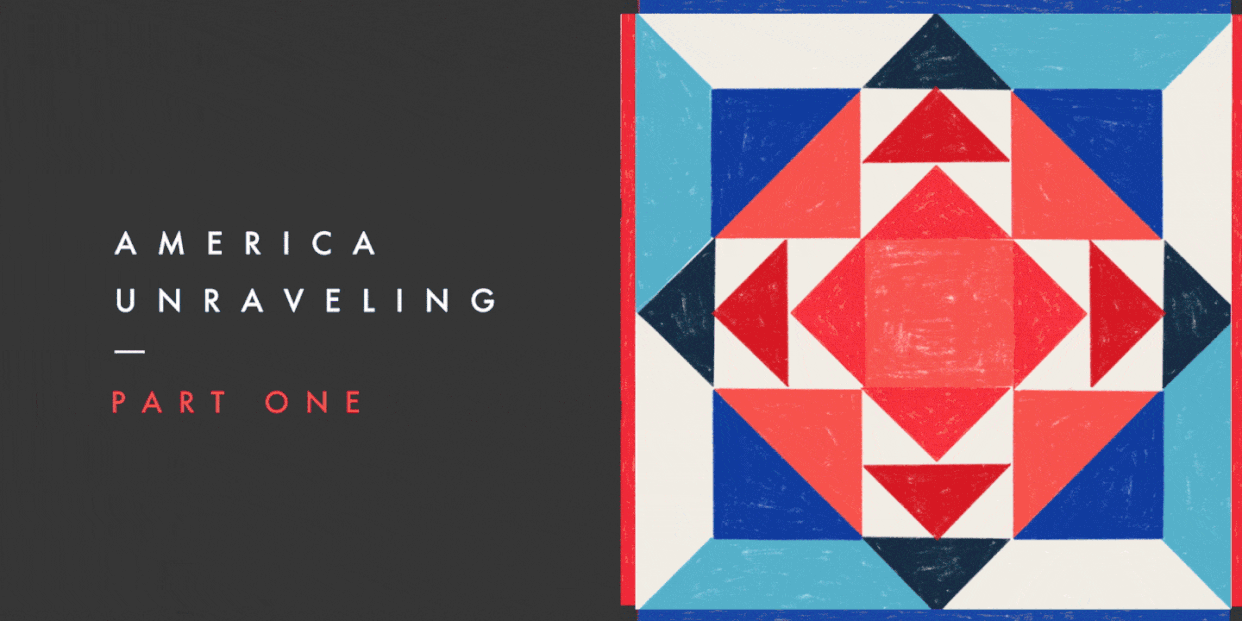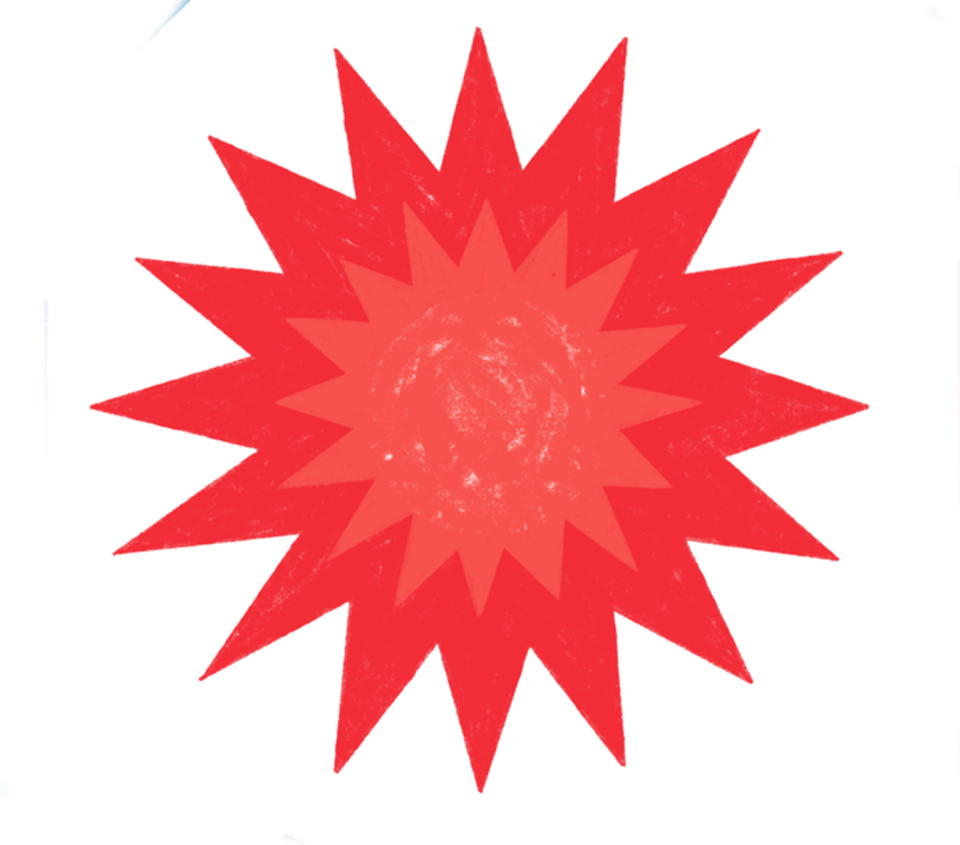Could I Have Saved My Son?



Josh was a big boy. He could pick me up and hug me. He was funny, kind, and giving—the type of person you want to be around. He loved music, loved animals. And he was just a whirlwind. I'd be like, "Here comes Josh. He's got six people behind him, and they're in the house, and then they’re gone." He was a bit chaotic and not a perfect child. Sometimes you’d want to pull your hair out, but then he would just make you laugh.
He was only 16, a sophomore in high school, when he died from an overdose. We didn't know he was using, so we never got a chance to help him. I'd noticed some changes in his personality, but I think he only used heroin for about six months. We believe it was one of Josh’s friends who aided him in starting drugs, but Josh was a strong personality. Peer pressure wasn't a thing for him. I think he was just daring and wanted to try it.

He was still alive when the ambulance got to our house, and he died on the way to the hospital here in Peoria, Illinois. My husband and I were out of town, so I got a phone call from my other son; he was the one who found him.
After he died, the lunch lady at his high school told me, "Did you know Josh bought people's lunch all the time?" When kids wouldn't have money or couldn't pay for their lunch, he would buy it. Josh was pretty popular, and I had kids that came to me and said, "When I was new to the school, kids were picking on me, and Josh stood up for me and told everybody to stop.”
It made me so proud of him. When you lose a child to drugs, you think, "My God, what did I do wrong?" I knew he was a good human being. But you hear these stories, and you're like, "OK, we did something right. He learned to be kind and generous and giving from us."
Still, I was hurting so terribly I didn’t know what to do with myself. I started researching things on the internet, and I found GRASP, a non-profit for people who have lost someone to substance use disorder. I was connected to a woman, Denise, who had also lost her son to an overdose, and she sat on the phone with me for an hour. I wasn’t even on Facebook when my son died, but within a year or two, I was helping moderate the GRASP Facebook page. I'm an obstetrician, and I get calls all night long, so I'll even get on at 2 A.M. and approve Facebook posts since people are writing them all night long. When I started in 2012, there were 200 members; now we have thousands because losing someone to drug use is a different kind of loss. It's a disenfranchised grief; our loved ones are often stigmatized and marginalized, and you hear people say that they brought it on themselves. At GRASP, everybody gets it.

One of the things I struggled with the most was the guilt and blaming myself. How did I miss it? Why did he use drugs? I literally went back from the moment he was born to the moment he died, thinking, What did I do wrong as a mother?
I was the strict mom who always said, "Don't ever drink, don’t do drugs, nothing.” Since my kids couldn't come to me, I thought maybe I should've been more open. But I’ve discovered that some people threw their kids out on the street, and they died. Other children died literally in the room next to their parents. Everybody did things differently, but we still ended up in the same place, with our loved ones gone. That helped me to stop the “what ifs.”
When Josh died, I thought, "I have to do something in his honor to try and save other people." We started the JOLT Foundation in his name as well as JOLT Harm Reduction, a local syringe exchange and harm reduction center. I had to go in front of the neighborhood association and local politicians to get people on board. I wanted us to be here for a long time and do it the right way with community support. But when I first proposed the idea, there was a lot of backlash. People would say, “Not in our neighborhood. You’re going to bring drug addicts.” But syringe exchanges are supported by the CDC, by the WHO, by most major medical associations because they save lives. They prevent HIV, hepatitis C. People are more likely to get treatment if they can access a syringe exchange. We have to get it through people's minds to stop making this a moral or ethical problem.
Our center is a place of love and compassion for drug users who are stigmatized, marginalized, and pushed to the side. They aren’t comfortable in hospitals or doctors’ offices, but they can come here without judgment or shame. We do HIV and hepatitis C testing. We give out naloxone, a medication that can reverse an opioid overdose, and sterile supplies for injection. We give out fentanyl test strips, so they can test their drugs prior to using to see if fentanyl is present. I can also prescribe Suboxone, which can be used to treat an opioid use disorder; I prescribe it from my medical practice, but our JOLT clients are referred to me for treatment.

Many days, I often go down into Josh's room. His urn is sitting there. I touch it. I look at his pictures. I cry, and I talk to him. Not for long, maybe five minutes, and then I try and carry on. I used to sit a lot longer with him at first.
I remember thinking, "Oh my God. I'm never going to smile again." I really didn't know if I could make it through the next minute, the next hour. But it's almost seven years later, and I do. I laugh, I smile, I live my life although I miss him every second of every day.

Everything we're doing wrong with the opioid epidemic is really based in stigma. When I started reading and understanding the problem, and what works and what doesn't work, I couldn't refute the evidence. To me, it the solution is clear. It's about harm reduction. You've heard the saying, "Oh, they need to hit rock bottom." Well, we who work in harm reduction don't believe that. Rock bottom is dead.
Death is the one thing you can't undo. You have to find a way to get through the grief, or it will destroy you. You have to work through the blame and the shame and the guilt and the “why.” Process it. Think about it. Go through it. And then at some point, if you can, let it go.
Dr. Tamara Olt, 54, is an obstetrician based in Peoria, Illinois. For more on the JOLT Foundation and GRASP, visit joltfoundation.org and grasphelp.org.

Illustrations + Animation by Daniel Triendl | Art Direction & Design by Mia Feitel
You Might Also Like
